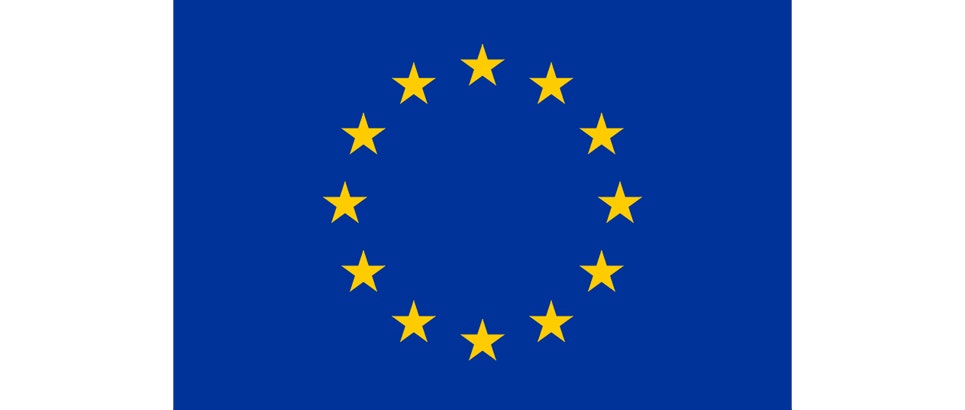Launch of Brazil’s Inova-e Platform to strengthen tracking of clean energy innovation
Since early-2019, the Energy Big Push (EBP) has been a collaborative project aiming to support the promotion of sustainable energy development in Brazil with a focus on innovation. It was led by the Brazilian Centre for Strategic Studies and Management (CGEE), the Brazilian Energy Research Office (EPE), the Economic Commission for Latin America and the Caribbean (ECLAC) and the International Energy Agency (IEA), and involved the participation of leading institutions and experts of Brazil’s energy innovation ecosystem.
The Inova-e platform is one of the longer-term outcomes of the EBP project. Funded by the Prosperity Fund of the United Kingdom under the Brazil Energy Programme, the Inova-e project aimed to create an open platform with data and analysis on energy R&D investment, with the view to inform policy making and the country’s energy innovation strategy. The platform hosts data collected and analysed through EBP.
During the launch event, several Brazilian officials emphasised the important role IEA played in supporting the development of the platform. Among other contributions, the IEA provided methodology and support for data collection and analysis, notably to ensure compatibility with globally collected data in IEA databases. In 2021, the IEA included Brazilian data for the first time in its R&D budget reports, illustrating achievements under the IEA Clean Energy Transitions Programme.
Check out related links
- Plataforma inova-e: panorama dos investimentos de inovação em energia no Brasil (EPE website)
- Working together to enhance global energy RD&D data collection (workshop May 2021)
- Tracking progress of clean energy innovation in Brazil: Workshop on energy innovation metrics (workshop March 2021)
- Energy Big Push: Accelerating Clean Energy Innovation in Brazil (webinar October 2020)
- IEA Report: Tracking Clean Energy Innovation (2020)

IEA contributions to the development and launch of the Inova-e platform were made possible through the Clean Energy Transitions in Emerging Economies programme, which received funding from the European Union’s Horizon 2020 research and innovation programme under grant agreement No 952363.